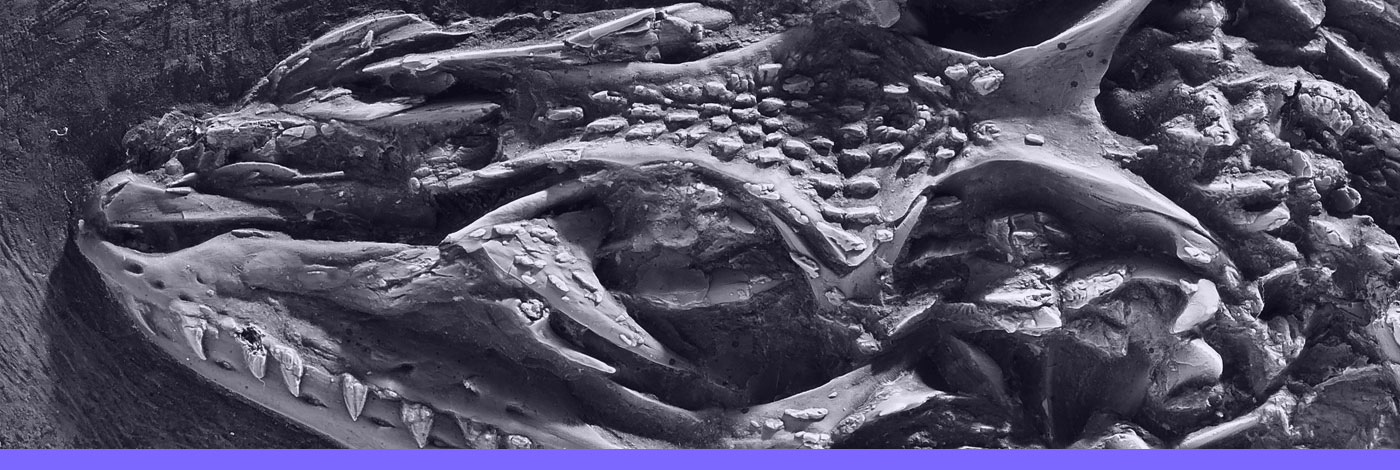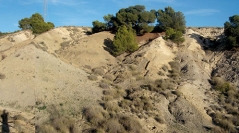

 Comptes Rendus Palevol
14 (3) - Pages 167-180
Comptes Rendus Palevol
14 (3) - Pages 167-180A palynological study of the Cretaceous–Paleogene (K–Pg) boundary deposits at the stratotype El kef, Tunisia, showed an exceptional richness of palynomorphs. Dinoflagellate cysts (dinocysts) are abundant, diversified and well preserved. The K–Pg boundary lies right after the last appearance of the Cretaceous species, Dinogymnium cretaceum, Dinogymnium acuminatum and Pterodinium cretaceum, and directly below the first appearance of the species markers of the basal Danian, such as Damassadinium californicum, Membranilarnacia? tenella, Senoniasphaera inornata, Carpatella cornuta, Eisenackia circumtabulata and Lanternosphaeridium reinhardtii. The age determined for these levels based on dinocysts is in agreement with that determined using planktonic foraminifera. The palynofacies study showed an organic matter dominated by marine palynomorphs, essentially dinoflagellate cysts, the sporomorphs are rare. Continental palynomorphs (Sporomorphs) and Amorphous Organic Matter (AOM) are present in all samples. The microplankton is dominated by peridinoid dinocysts with a progressive enrichment at Danian, mainly the Senegalinium group. The Total Organic Carbon (TOC) content is generally less than 0.6 wt %. The TOC, Rock–Eval pyrolysis and palynofacies analyses indicate that the El Haria Formation presents immature organic matter of types II and III and a low Thermal Alteration Index (TAI).
Cretaceous–Paleogene boundary, Dinoflagellate cysts, Palynofacies, Stratotype El kef